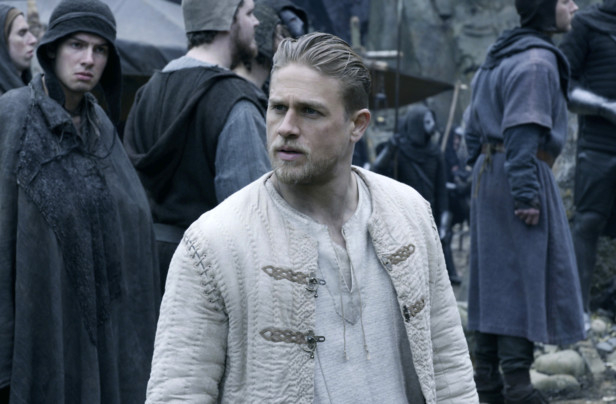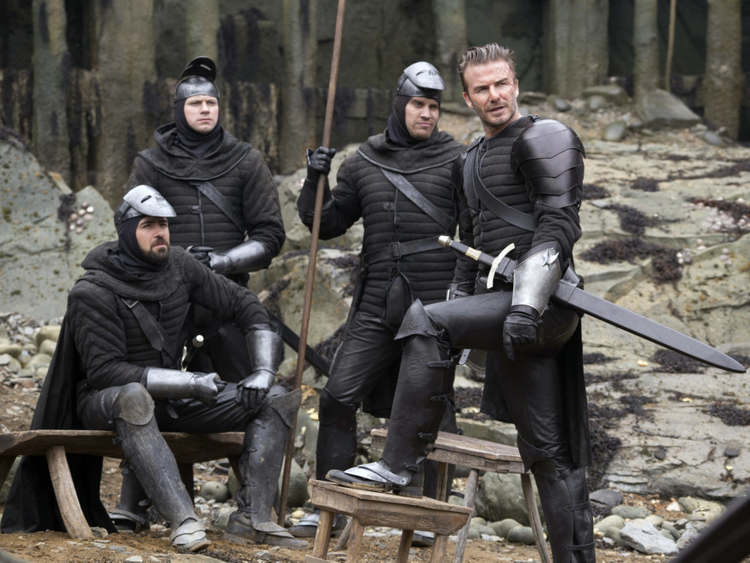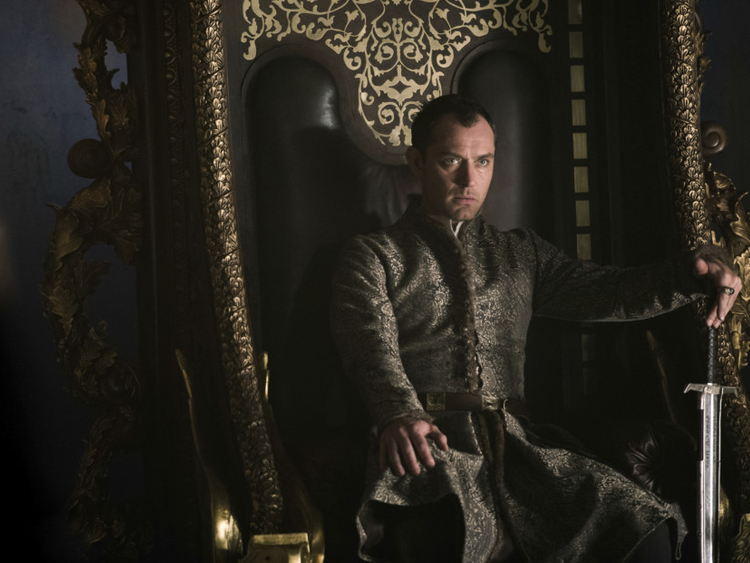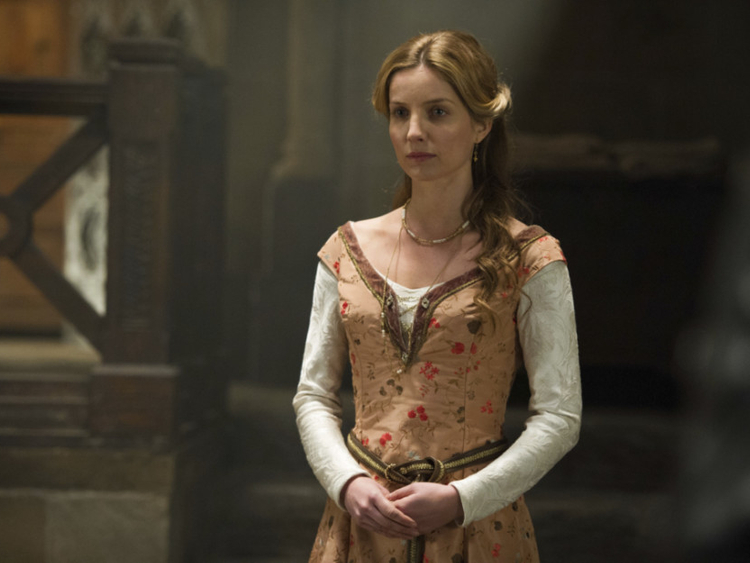
It was supposed to be one of the summer’s biggest blockbusters — a gritty reimagining of the Arthurian legend, boasting big-budget special effects, a rising Hollywood star in British-born actor Charlie Hunnam and a big-name director in Guy Ritchie. But King Arthur: Legend of the Sword has instead become one of the year’s biggest flops after a disastrous opening weekend at the global box office.
Across 51 different international markets, including the usually lucrative US and China box-offices, King Arthur, currently out in the UAE, managed a total gross figure of $44.9 million (Dh164.8 million. That number is far below the film’s production budget of $175 million, which doesn’t take into account the film’s significant marketing and publicity spend. It means that King Arthur is set to prove a costly failure for its backers, with industry experts predicting a loss of up to $150 million for the studio, Warner Bros — which would make it one of the biggest box-office flops in recent Hollywood history.
So why has King Arthur struggled so badly? Industry experts point to a “perfect storm” of factors, from poor studio planning to audience apathy.
“Put simply, King Arthur was an idea that didn’t pan out as anyone expected it to,” says Seth Kelley, online news editor at Variety.
Warner Bros’ vision for the film was supposed be a multi-film “shared universe” in the manner of Marvel’s Avengers series. Yet production on the film soon stalled. “The film was in development for a very long time — six years in total,” Kelley says. “It went through a number of recastings, the director changed to Ritchie. The idea for the movie changed several times.”
Legend of the Sword also struggled to attract suitably starry names to sell this new franchise to audiences. Idris Elba, James McAvoy and Colin Farrell were offered roles in the film during its long gestation period, but all ultimately opted against taking part, leaving Jude Law, who plays Arthur’s villainous uncle Vortigern, as the film’s only A-list name. And while Hunnam is an acclaimed actor who will be familiar to fans of the motorcycle gang series Sons of Anarchy, he doesn’t yet command the name recognition that can carry a franchise on its own.
Another significant problem with Legend of the Sword may have been its source material. From Camelot to Monty Python and the Holy Grail, films based on the Arthurian legend have provided a steady stream of hits throughout Hollywood history. In recent years, though, the number of films based upon King Arthur has dwindled. The last major adaptation, the 2004 Clive Owen-starring King Arthur, was badly reviewed by critics and performed poorly at the box office.
That failure, and the lack of blockbusters based on the legend in the years since, suggest an apathy towards the subject-matter, particularly among international viewers. Certainly such a response would prove consistent with other historically popular intellectual property that has fallen out of favour with cinema audiences in recent times. Kelley points to “sword and sandals movies like Ben-Hur” as one recent example, while reboots of Peter Pan and Tarzan have also disappointed at the box office in recent years.
Counting against King Arthur too may been its overly male focus. The film features one major female character — relatively unknown actor Astrid Berges-Frisbey as a mysterious figure called the Mage — and the “blokes and banter” tone central to much of Ritchie’s work takes precedence over the traditional romantic elements found in older interpretations of the legend.
Model Poppy Delevingne, who plays King Arthur’s mother, has made light of her tiny role, telling the London Evening Standard: “I get harpooned in the first 10 minutes. I haven’t counted my lines — it’s probably six or seven, tops.”
Given this lack of female appeal, it seems a curious decision to schedule the film’s release on what was Mother’s Day weekend for much of the world, a date when female-centric films tend to perform strongly at cinemas. Paul Dergarabedian, senior analyst at ComScore, notes that King Arthur was beaten to second place at the US box office by “the Mother’s Day-appropriate comedy Snatched, starring Amy Schumer and Goldie Hawn”.
Meanwhile, the presence of Marvel’s superhero juggernaut Guardians of the Galaxy 2 in multiplexes may have stolen away a chunk of the film’s younger audience, who Dergarabedian says “tend to gravitate toward more modern or futuristic tales on the big screen”.
Moreover, there’s an argument that TV has replaced the very sort of entertainment that King Arthur hoped to lure in audiences with. “I think there’s definitely an argument to be made that the idea that people really like watching movies where people wield swords, and the hunger of that has been satiated by Game of Thrones,” says Kelley.
Ultimately though, King Arthur’s failure so far at the box office might simply come down to larger pressures in the industry; as more and more blockbusters go into production, the challenge of standing out from the crowd becomes more pronounced.
“We’ve been seeing the release calendar really widening, and studios putting out huge-budget movies throughout the year because the summer is so crowded,” says Kelley. “But the problem is that the summer is still crowded. Ultimately, studios are still going to throw $200 million movie into the ring and see how it does. It’s the nature of the beast.”
















